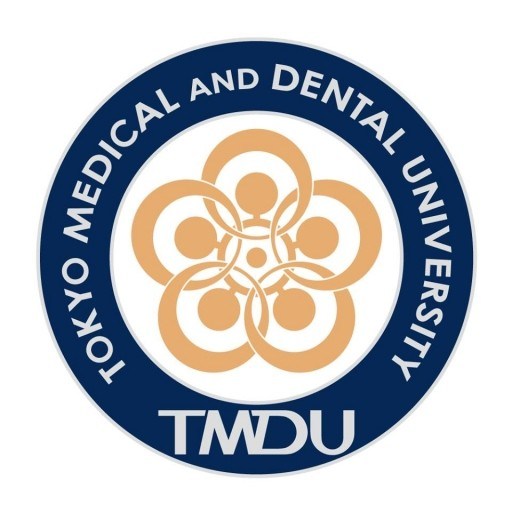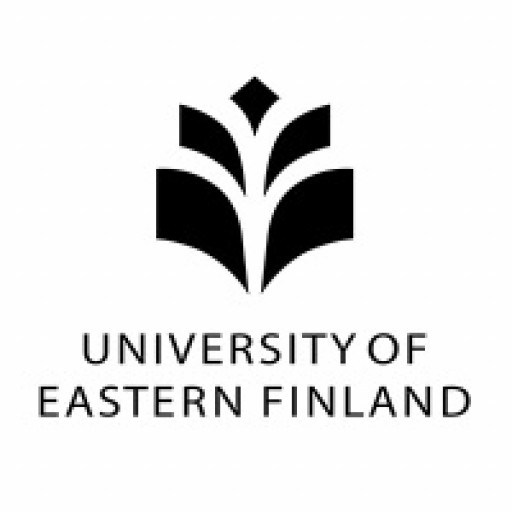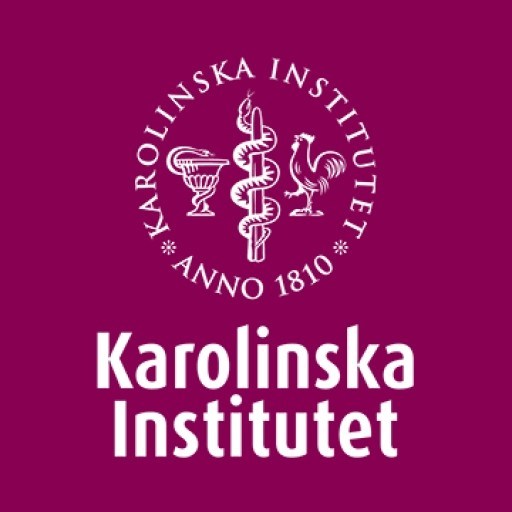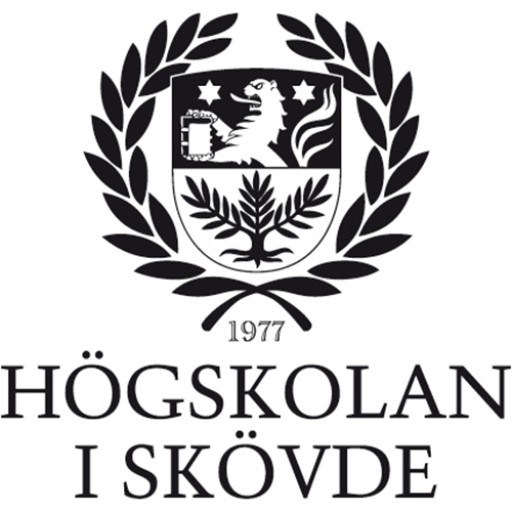Photos of university
The Bachelor’s Degree Programme in Biomedical Laboratory Sciences at Tokyo Medical and Dental University is a comprehensive undergraduate program designed to equip students with the fundamental knowledge and practical skills necessary for a successful career in the biomedical laboratory field. This program emphasizes a multidisciplinary approach, integrating concepts from biology, chemistry, medicine, and technology to prepare students for diverse roles in clinical and research laboratories. Throughout their studies, students engage in rigorous coursework covering human anatomy, physiology, biochemistry, microbiology, hematology, immunology, molecular biology, and laboratory techniques. The curriculum is structured to foster critical thinking, analytical capabilities, and precise laboratory skills essential for accurate diagnosis and effective treatment in healthcare settings.
Students have the opportunity to participate in hands-on laboratory practices, internships, and research projects, providing real-world experience and fostering collaboration with professionals in medical and biomedical fields. The program also emphasizes the importance of understanding the ethical, legal, and safety considerations vital to laboratory work, along with communication skills necessary for effective teamwork and reporting. Faculty members are experts in their fields, offering mentorship and guidance to help students pursue academic excellence and professional development. Upon graduation, students are prepared for employment in hospitals, diagnostic laboratories, research institutions, and pharmaceutical companies, or to continue their education through advanced degrees. The program aligns with Japan’s standards for medical laboratory sciences, ensuring graduates meet the national qualification requirements. Graduates are equipped not only with technical expertise but also with an awareness of the social impact of biomedical sciences, aspiring to contribute meaningfully to healthcare and scientific advancement. The curriculum regularly updates to incorporate latest technological innovations and emerging trends in biomedical sciences, ensuring students are well-prepared for future challenges in this dynamic field.
|
Class |
Compulsory |
Contents |
|
Biochemistry and Biophysics Lecture |
4 |
|
|
Anatomy and Physiological Science Lecture |
4 |
The aim of this course is to learn not only structure and function of the human body systematically but also methodology for analysis of the relationship between the morphologic and functional information. In addition, the purpose is to improve the ability to do an original study. |
|
Biofunctional Informatics Lecture |
4 |
Graduate students improve comprehension about tests to measure and analyze bio function as a system. Especially, they acquire proficiency in updated clinical physiologic tests and diagnostic imaging, and learn how to correlate vital functional information with pathogenesis and pathophysiology. Furthermore, they acquire theory and technique to develop new physiologic tests. |
|
Biophysical System Engineering Lecture |
4 |
The aim of this course is to learn how the nervous system controls the status and the behavior of neurons and their networks, by modeling the system to represent the status and to explain the information processing from motor control to perception. Students collect biological data, analyze them by computational models and explore the application of these models to control the system. |
|
Experimental Biology Model for Human Disease Lecturer |
4 |
|
|
Analytical Laboratory Chemistry Lecture |
4 |
The particular components in body fluid potentially utilized for the primary, the secondary, and the tertiary prevention for many diseases are specified from the newest information. The assay method for the particular component in body fluid is planned and constructed, and estimated a clinical availability and a limit. |
|
Microbiology and Immunology Lecture |
4 |
Students who finish this course will get ability to apply up-to-date knowledge of clinical microbiology and clinical immunology to research on pathogenesis, diagnosis, or therapy of infectious and autoimmune diseases. They are also expected to transfer such skills to underclassmen. |
|
Molecular Pathophysiology Lecture |
4 |
This course will explore the theories and practices of cytopathology, histopathology and molecular pathology, which would clarify the etiology and pathogenesis of the diseases and improve the pathological diagnosis. This course will help the students perform advanced researches and improve scientific presentation, discussion and publications in English. |
|
Laboratory Molecular Genetics Lecture |
4 |
Students learn how to analyze hematological disorders, hemostasis and thrombosis, and so on, at molecular-genetic levels and do some original researches. This course prepares clinical-oriented international and multidisciplinary research leaders who can conduct research projects by themselves and present their achievements at international academic conferences and scientific journals. |
|
Advanced Analytical Chemistry Lecture |
4 |
The aim is to experience of analysis of biological molecules using high performance analytical instruments, and to understand theory and method for instrumental analysis. |
|
Special Research |
8 |
- Transcript (university, undergraduate school)
- Diploma/certificate of (expected) graduation (university, undergraduate school)
- Research goal outline
- Exam fee payment certificate
- Self-addressed labels
- Documentary proof of surname change (Only if submitted ID documents differ from current surname)
- Self-addressed envelope for exam admission slip
- International application form for graduate school admission
- Color copies of both sides of either residence card or entry visa
The Biomedical Laboratory Sciences program at Tokyo Medical and Dental University offers various financing options to support students throughout their academic journey. Tuition fees are set annually and are subsidized by both the university and government provisions, ensuring that students have access to affordable education. Prospective students may be eligible for scholarships based on academic excellence, entrance examination results, or financial need, which are provided by the university’s scholarship programs and external organizations. These scholarships can significantly reduce the financial burden by covering partial or full tuition fees, and sometimes include stipends for living expenses. The university also collaborates with various public and private funding agencies to facilitate research grants and assistantship opportunities for outstanding students engaged in laboratory work and research projects, thus providing additional financial support. Students are encouraged to explore government loan programs available through the Japanese educational loan systems, which offer low-interest loans with flexible repayment plans designed specifically for students enrolled in higher education programs. Additionally, students on the program may find part-time employment opportunities on campus or nearby medical and research institutions, which can help offset daily living costs while gaining practical experience. Tokyo Medical and Dental University’s financial aid offices offer detailed guidance and counseling to help students navigate the available options effectively. It is recommended that interested applicants thoroughly review all eligibility criteria, application procedures, and deadlines to maximize their chances of securing financial assistance. Overall, the program’s financing framework aims to make biomedical laboratory sciences education accessible and sustainable, fostering an environment where students can focus on their academic and research activities without undue financial stress.
The Biomedical Laboratory Sciences program at Tokyo Medical and Dental University is a comprehensive undergraduate course designed to prepare students for careers in medical and clinical laboratories. The program emphasizes a strong foundation in biological sciences, chemistry, and medical technology, providing students with the necessary knowledge and skills to work in hospitals, research institutes, and diagnostic laboratories. Students are introduced to various laboratory techniques, including microbiology, hematology, clinical biochemistry, immunology, and molecular biology, ensuring they are well-versed in current diagnostic methodologies. The curriculum integrates theoretical coursework with practical training, often involving internships and hands-on laboratory work to develop technical proficiency.
The program also emphasizes the importance of understanding the ethical, legal, and social implications of laboratory work and medical diagnostics, fostering a sense of responsibility and professionalism among students. Interdisciplinary studies are encouraged, allowing students to collaborate with professionals in medicine, biology, and health sciences. Research opportunities are available, enabling students to participate in innovative projects, which can lead to advances in disease diagnosis and treatment. Graduates are typically equipped to contribute to improving public health through accurate laboratory analysis, supporting clinical decision-making, and advancing biomedical research. The program is aligned with national standards and often collaborates with healthcare institutions for training and employment opportunities. The faculty members are experts in their respective fields, providing mentorship and guidance. Overall, the Biomedical Laboratory Sciences program aims to develop highly skilled laboratory scientists who can meet the growing demand for diagnostic excellence in healthcare and research sectors in Japan and internationally.









